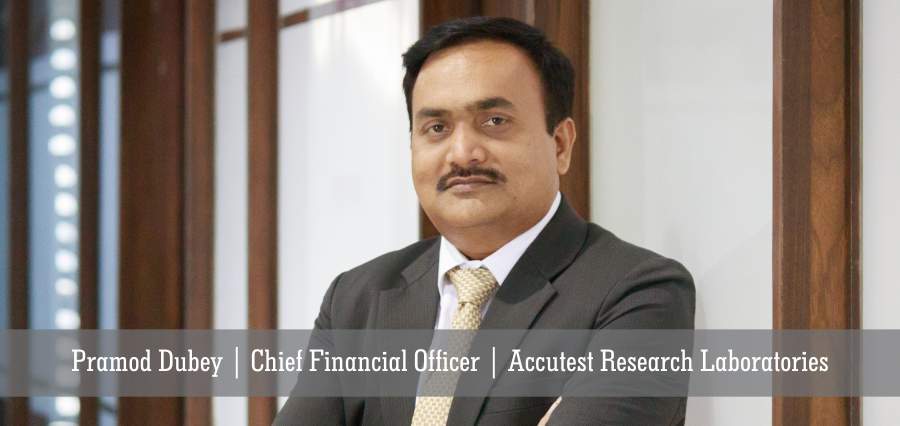A Contract Research Organization (CRO) offers outsourced services to support R&D functions for pharmaceutical, biotechnology, and health companies. CRO’s service ranges from different research and development activities including: drug discovery, pre-clinical (pre-human in-vitro and in-vivo animal research model) and clinical (in-human) testing.
The practice of hiring contract research organizations to conduct clinical trials is continuing to grow in popularity. Nowadays, it is becoming a preferred process as the molecules are becoming more complex to develop. Obvious reasons for outsourcing comes from the acknowledgement of fact that manufacturing/marketing and research are two different skill sets for the companies and it is not worth for companies to spend their focus and energy towards research rather they choose to pay attention towards improvement of manufacturing process and marketing. Apart from this, CROs also offers specialized skill and leveraged cost benefits of high-end equipment and manpower cost.
India has rapidly become one of the preferred destinations for clinical trials because of its large heterogeneous patient population, English-speaking western-educated physicians and mind set of providing high end services with low cost. All this factors has created wonderful platform for outsourcing decision makers to put their money towards Indian CROs. Over and above, in the recent past, Indian Regulators has paid maximum attention towards making the Clinical Trial safe and of high quality standards, making global pharmaceutical companies to choose India as an outsourced destination for good quality at competitive cost.
As every Industry during its evolution phase faces challenges and issues; Indian CROs were not different. But the mindset of Indian scientist towards quality delivery and regulators attention has made the journey smooth so far but this needs to be maintained as an ongoing process. These organizations and their supporters brought about a change in the quality of research professionals and made efforts to improve ethical aspects of clinical trial operations. From increase in volunteer/patient engagement to complex data and tricky regulatory environment, Indian CRO industry has changed significantly over the past years. The industry is now approaching a new age of trials that are streamlined, connected and more engaged with the volunteers/patient.
There are several CROs who lack adequate infrastructure and knowledge. Hence, it is advisable to carry out appropriate due diligence of CRO before appointment. It has been observed that many clinical research institutions in India have an inadequate representation of the non-technical personnel in Institutional Ethics Committee (IEC). Without adequate representation of persons from a non-functional background, the opinion of the IEC is likely to be unfair and biased in favor of the clinical study. The clinical research guidelines clearly specify the need for such personnel in the IEC. Some institutes have IEC but do not have a regular schedule of committee meetings, lack Standard Operating Procedures (SOPs) or do not have a proper member representation according to the ICMR guidelines.
However, things are changing fast for the better. New Schedule Y1 is proposed which has mandated registration of CROs with the authorities and only these registered CROs will be allowed to manage clinical trials. The Central Ethics Committee on Human Research (CECHR) by ICMR audits the functioning of these IECs composed as per the ICMR guidelines. The DCGI’s office has been conducting training programs for members of the ethics committees across the country to improve the functioning of IEC, in collaboration with WHO, ICMR and many committed research professionals.
CRO challenges are fundamentally same irrespective of geography; the two paramount challenges faced by clinical research market in India are very clearly regulatory bottlenecks, wherein the government needs to get its act together and create clear and time-bound guidelines for clinical trial and marketing approvals and authorisations. Secondly, the quality of the overall data and clinical trial, including various aspects such as GCP compliance, manpower training and development, patient retention and awareness building, need to be stepped up.
Finally the industry needs to find its own voice. While we have recently been seeing a lot of negative portrayal of the industry by mainstream media, these examples quoted are often mis-informed and false. The industry has many positives as well which need to be strongly highlighted such as providing access to hundreds and thousands of patients to leading-edge treatment free of cost, providing employment to over a 100,000 people, generation of foreign exchange income for the country, contribution to leading-edge research and cures for killer diseases such as Oncology, Diabetes, Cardiovascular, Tuberculosis, etc. and last but not the least the potential of Indian science to capture the world stage in a few decades.
Throughout the decade, a lot of foreign companies have invested in India and were pleasantly surprised by the results. Many global CROs are expanding their presence in India by opening up offices in the continent and forming alliances with local CROs. Local CROs also continue to expand their presence by offering more services and an in-depth knowledge of the regulations in the country.
The contract research business is set to expand, and India’s rapidly improving environment means that it is well-suited to accommodate this growth. The rise in pharmaceutical and biotech manufacturing, and contract research supported by IT skills, has also led to promising outsourcing business opportunities in various other segments including clinical trial, data management and statistical analysis. The situation, at present, benefits all parties interested in clinical research, but long-term success depends on sustaining the improvements in the Indian environment to maintain quality and avoid complacency.
About the Author:
Pramod Dubey
Chief Financial Officer, Accutest Research Laboratories
Mr. Dubey is a certified Chartered Accountant & Company Secretary with an experience of over two decades. He established, implemented and maintains financial planning, budgeting, forecasting and corporate governance at Accutest. He secured financing through debt and equity (private equity investors) and in establishing multiple clinical infrastructures in facilities in India and globally. Prior, he has worked with Indoco and Camlin.
Â
Indian CRO sector – An untold Saga


